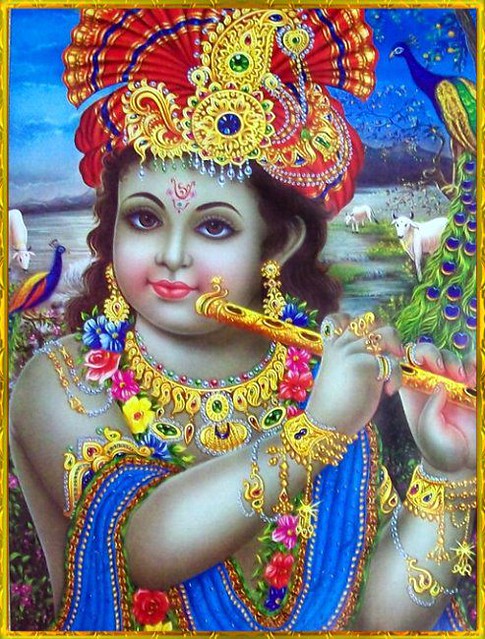This semester we have been reading Shakesperare's plays and without a doubt, I can say that the one that I enjoyed the most was A Midsummer´s Night Dream. All the characters in the play are enterteining, but among them all, the character that made that play so enjoyable to me and that caught my attention was definetely Puck A.K.A. Robin Goodfellow. He is a sprite, who serves to the fairy king Oberon and plays annoying tricks on people depending on his humor. But, what makes this character more interesting than the other character that can be found in the play?
As I mentioned before, he likes playing tricks on people and for this reason he is called a trickster. But this is not the only character that can be labeled as a trickster, in fact they have been characters that are commonly used in literature because of their intriguing nature. They are humorous characters and the humor comes from the fact that the things done by the tricskter are considered wrong or foolish . There are tricksters that are good and some others that are evil. A Trickster blures the lines between what is considered a childish prank or a malicious harm. For some scholars, the trickster purpose in narrative is to be an outlet for strong emotions or actions, in which humans cannot indulge and to be an escape valve for society. In this sense, through the trickster humans can express whitout fear of being judged what would be unsafe to express outside the story.
Some other famous tricksters are Loki from the Norse Mythology, Brer Rabbit from the African folklore, Krishna from the Hindu mythology, and even some well-known an beloved cartoon characters as Bugs Bunny and Bart Simpson, who is know for his pranks.
As a Conclusion, the popularity of tricksters resides in the fact that they act without thinking of any repercussions, without thinking if something is good or evil, thet just want to have fun. On the contrary, we act modeled by society, so trickster's actions are secretly what we would like to do in certain situations.
References:
http://nationalhumanitiescenter.org/tserve/freedom/1865-1917/essays/trickster.htm
http://coursesite.uhcl.edu/HSH/Whitec/terms/T/trickster.htm


Whoa, Daniel! I have never thought of Bart or Bugs being tricksters. I think that I've seen—and I've written— posts about society playing an important role on the way people act or behave. This has made me realize that we are caught in an endless circle in which you HAVE to play the part you've been assigned to; otherwise, you will be considered a "fool" or a "trickster" and everybody will look at you as the "clown" of this play so-called society.
ResponderEliminarAs you said, we all would love to do what the trickster does or speak our minds out just like he does being fearless to the repercussions that may come, doing things just for fun. Maybe we all could be allowed to be the trickster in life. Maybe we are the trickster of our own life and we do not even notice that.